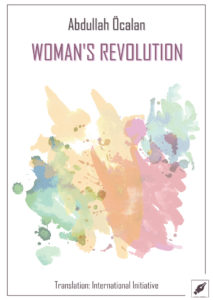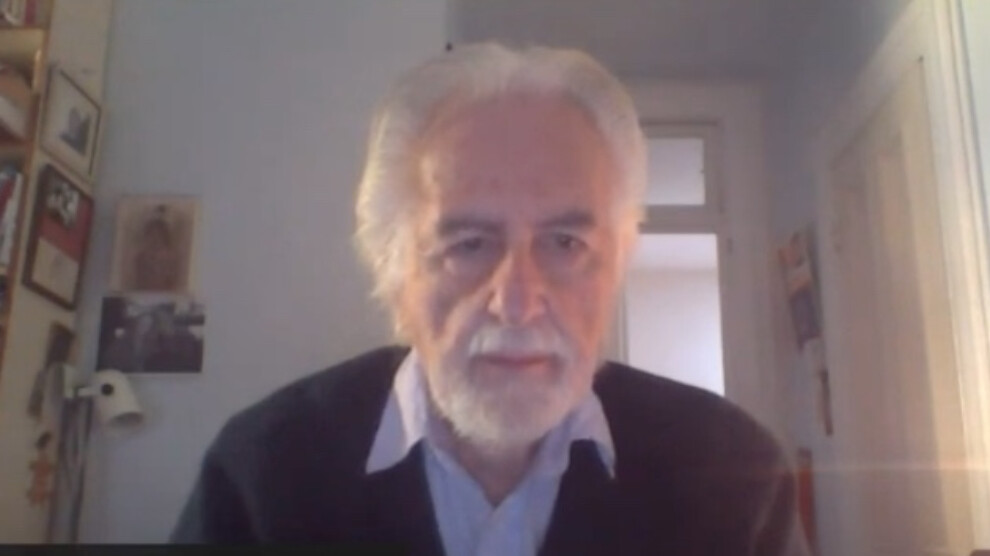Rights group says proposed legislation is an 'authoritarian' attempt to distract and discredit research

A 2021 poll from the Jewish Electorate Institute found 25 percent of US Jewish voters agreed "Israel is an apartheid state" (AFP/File photo)
By MEE staff
Published date: 8 April 2022
Amnesty International has criticised efforts by two Republican lawmakers to deny the rights group federal funding following its landmark report which labelled Israel an apartheid state.
Senators Rick Scott and Mike Braun introduced the bill on Thursday, claiming the rights group had an "anti-Israel agenda".
"This legislation follows reports that Amnesty International, which has received more than $2.5 million in federal funds over the past two decades, is utilizing its platform as an International Non-Governmental Organization (NGO) to foster and disseminate false, anti-Semitic reports attacking Israel, America's strongest ally in the Middle East," the politicians said in a statement.
The bill follows Amnesty's landmark report in February, in which Israel's practices, policies, and treatment of Palestinians were identified as a system of apartheid. It was the latest organisation in a cadre of human rights groups to use the term to describe Israel's discriminatory treatment of Palestinians.

House Democrats condemn Amnesty director's comments about Israel
Read More »
In response to the senators' proposed legislation, the rights group said on Friday that it was "no stranger to being targeted for its work", citing the closure of its offices in India, Hong Kong and Russia.
"If Senator Scott had spoken with some of our 10 million supporters in the US and around the world, he would know that we will not be intimidated by authoritarian tactics," the group said in a statement.
"Our findings are based on evidence and solid research, and the US government has relied on and lifted up our research for decades."
It added that the measure introduced by the two lawmakers represented "an attempt to distract from and discredit Amnesty's research upon which we base our calls to action".
Rejecting Scott and Braun's allegation that Amnesty is antisemitic, the group said it condemned all forms of hate "in the strongest possible terms".
Last month, a group of House Democrats attacked Amnesty International's USA executive director after he said the majority of American Jews did not want Israel to be a Jewish state - rather they want it to be "a safe Jewish space".
A 2021 poll from the Jewish Electorate Institute found 25 percent of US Jewish voters agreed with the statement "Israel is an apartheid state", while 28 percent said they did not find such a statement to be antisemitic.
Stifling criticism of Israel
The legislation is the latest in a series of attempts by US politicians to penalise any attempt by individuals or groups to criticise Israel over its policies towards Palestinians.
Dozens of states across the US have enacted legislation targeting the Boycott, Divestment and Sanctions (BDS) movement, a nonviolent, peaceful, and Palestinian-led initiative that encourages individuals, nations and organisations to censure Israel's consistent violations of international law and human rights standards through various boycotts.
Free speech and Palestinian advocacy groups have slammed the growing number of anti-BDS bills in state legislatures, accusing sponsors of legislation of trying to muzzle criticism of Israel at the expense of the US constitution.
Last month, Congressman Lee Zeldin introduced a controversial bill in the House of Representatives that would effectively bar US citizens and companies from providing information to foreign countries and international organisations that "have the effect of furthering" the boycott of Israel.
Several courts have in recent years, however, ruled that such laws are in violation of the Constitution, and the free speech protections it provides under the First Amendment.
In response to the senators' proposed legislation, the rights group said on Friday that it was "no stranger to being targeted for its work", citing the closure of its offices in India, Hong Kong and Russia.
"If Senator Scott had spoken with some of our 10 million supporters in the US and around the world, he would know that we will not be intimidated by authoritarian tactics," the group said in a statement.
"Our findings are based on evidence and solid research, and the US government has relied on and lifted up our research for decades."
It added that the measure introduced by the two lawmakers represented "an attempt to distract from and discredit Amnesty's research upon which we base our calls to action".
Rejecting Scott and Braun's allegation that Amnesty is antisemitic, the group said it condemned all forms of hate "in the strongest possible terms".
Last month, a group of House Democrats attacked Amnesty International's USA executive director after he said the majority of American Jews did not want Israel to be a Jewish state - rather they want it to be "a safe Jewish space".
A 2021 poll from the Jewish Electorate Institute found 25 percent of US Jewish voters agreed with the statement "Israel is an apartheid state", while 28 percent said they did not find such a statement to be antisemitic.
Stifling criticism of Israel
The legislation is the latest in a series of attempts by US politicians to penalise any attempt by individuals or groups to criticise Israel over its policies towards Palestinians.
Dozens of states across the US have enacted legislation targeting the Boycott, Divestment and Sanctions (BDS) movement, a nonviolent, peaceful, and Palestinian-led initiative that encourages individuals, nations and organisations to censure Israel's consistent violations of international law and human rights standards through various boycotts.
Free speech and Palestinian advocacy groups have slammed the growing number of anti-BDS bills in state legislatures, accusing sponsors of legislation of trying to muzzle criticism of Israel at the expense of the US constitution.
Last month, Congressman Lee Zeldin introduced a controversial bill in the House of Representatives that would effectively bar US citizens and companies from providing information to foreign countries and international organisations that "have the effect of furthering" the boycott of Israel.
Several courts have in recent years, however, ruled that such laws are in violation of the Constitution, and the free speech protections it provides under the First Amendment.
















